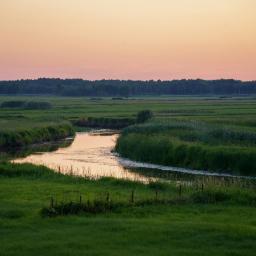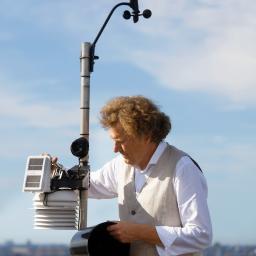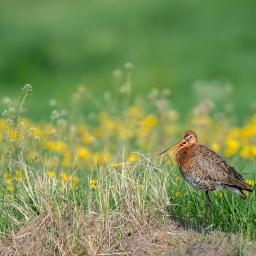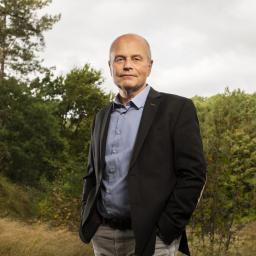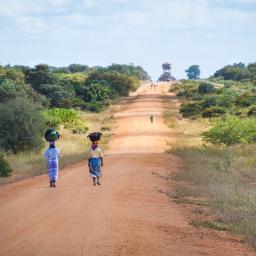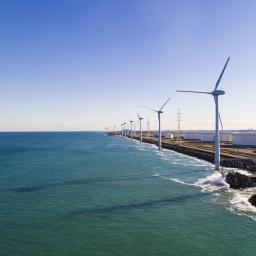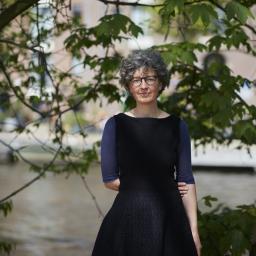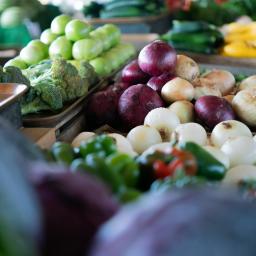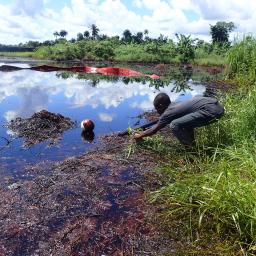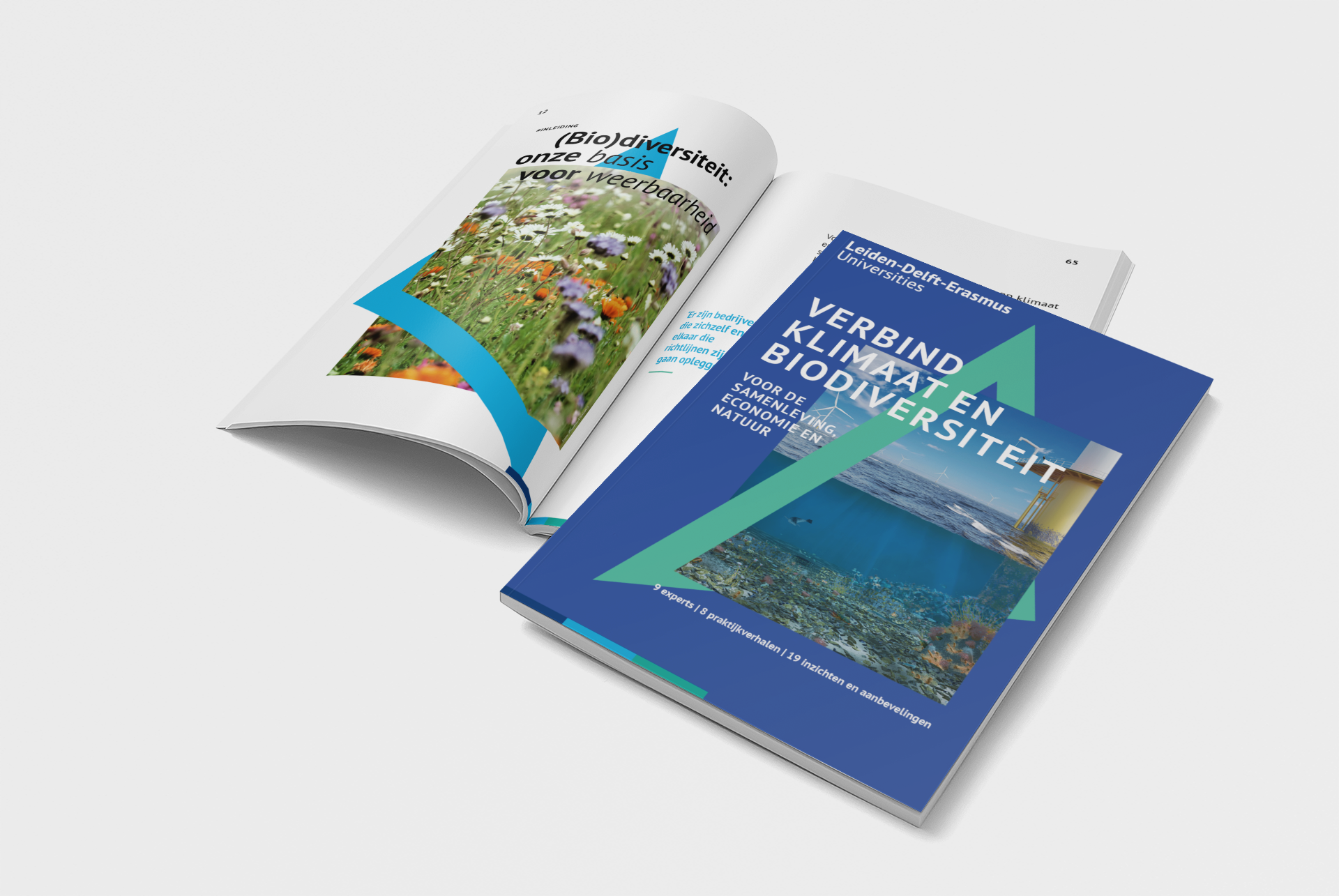
A banker who puts making money second but still makes a profit. A farmer who stopped ploughing and using insecticides but who still achieves a good yield. An ecologist who knows how to boost nature at the foot of wind turbines in the North Sea. And scientists arguing for biodiversity protection.
These are just some of the topics contained in the new white paper by Leiden Delft Erasmus Universities (LDE) and Naturalis: Linking climate and biodiversity – for society, the economy, and nature An excellent impetus for the cabinet programme!
Preserving ecosystems and boosting biodiversity: that is what is really needed to curb climate change effectively. Unfortunately though, researchers and policymakers involved with climate and biodiversity do not make enough use of each other's knowledge, experience, or possible solutions. LDE Dean Wim van den Doel says: 'The LDE universities are eager to foster greater integration between these two domains and encourage policymakers to follow suit, now that there is more and more evidence for the close relationship between climate and biodiversity. Real solutions to climate change and the loss of biodiversity can only be achieved by taking an all-encompassing approach.'
The wealthy emit far greater levels of CO2
In a new initiative, Leiden-Delft-Erasmus are investigating what interdisciplinary research already exists at the universities and what opportunities there are for greater collaboration in interdisciplinary research into biodiversity and climate. The fifth LDE white paper provides an impetus for this.
For example, anthropology professor Marja Spierenburg shows that a fair distribution of wealth is essential to stop climate change and the loss of biodiversity. 'The richest one percent of the world’s population emit twice as many greenhouse gases as the poorest half. We have to limit the level of carbon emissions and pollution caused by the richest people.'
Economy with ecology as a starting point
Rotterdam Banking & Finance professor Dirk Schoenmaker has slaughtered a sacred cow in the field of economics. 'The fundamental objective of economic thinking has to change.' If you make ecology your guiding principle, it becomes clear that we need to reduce the number of flights we make.' Ecologist Willem Ferwerda, also of Erasmus University, says nature restoration in large areas slows climate change and gives people a better life. 'Real climate adaptation goes beyond raising the dikes.'
Extinct species and white houses
Naturalis director Koos Biesmeijer, known among other things for his research into bees, talks about the relationship between biodiversity and climate. 'For every two-degree increase in temperature, around six percent of species become extinct.' Herman Russchenberg, professor of Atmospheric Remote Sensing and director of the TU Delft Climate Institute, says that painting all houses white actually creates more heat in cities. which threatens the already fragile vegetation. And although he may be a ‘cloud professor’, researching ways of using cloud formation to modify the climate, he hopes it will never be necessary. 'Tinkering with the climate can kindle all sorts of political conflict and change biodiversity patterns to boot.'
'There’s a lot that can be done'
In this publication, eight scientists offer their insights and solutions. And eight others explain how they are already working with those solutions, in wind farms, for example, or the Meijendel dune area, in courtrooms, in their own fields, or as bankers. 'There’s a lot that can be done,' demonstrates TU Delft urban ecologist Diny Tubbing, with the help of nest stones and rooftop greenery.
Solutions begin with a vision
So a great deal is already happening, but much more needs to be done. Jan Willem Erisman, professor of Environment and Sustainability at Leiden University, writes the following in the introduction: 'It starts with a shared vision of how we would like to live together within the parameters of a livable Earth. Such a world has ample room for everyone to live, work, travel, socialise, and enjoy leisure time comfortably.' The whole of society would flourish, agrees his colleague Paul Behrens, who gives a vista of new, sustainable farming methods that boost biodiversity and save huge quantities of CO2 emissions.
The ‘Linking climate and biodiversity – for society, the economy, and nature’ white paper will be presented in Naturalis in Leiden on 22 May 2024. If you would like to attend, please contact Katja Hoiting, k.hoiting@tudelft.nl. The paper will also appear as a PDF on the www.leiden-delft-erasmus.nl website on 22 May and will therefore be available to everyone.

